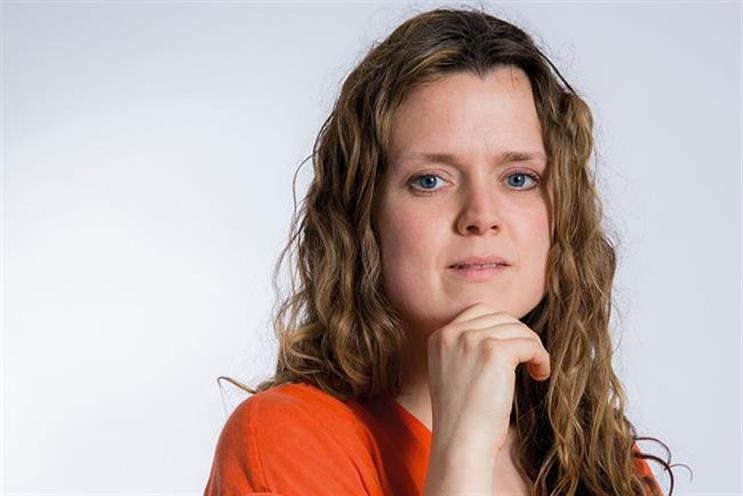Was Marc Pritchard’s confessional to the Interactive Advertising Bureau the most impactful speech ever given by a marketer? It’s a question that would probably not go down well in Unilever House, but I can’t remember even Keith Weed’s conference-hall-fillers in Cannes having a lifespan longer than the hard-working executives’ suntans.
Maybe it was the many news lines that he generated. Pritchard’s speech provided a comprehensive index of the problems facing marketers and the industry more broadly. There was the murky digital advertising ecosystem where people – fraudulently or opportunistically (or both) – are making money at everyone’s expense. He also spoke about the exponential rise of crap advertising (as Laurence Green discusses in this issue). And Procter & Gamble not realising that some of its agencies were able to make money off the company’s media spend. I think a bit of self-deprecating honesty is a great ingredient that gives the rest of the speech flavour. Pritchard was so frank, the end result was full of spice.
But despite all that candour, I can’t help wondering if he went far enough on the subject of advertising viewability. I guess, if the sector has been working on the Media Ratings Council standard since 2010 and still not enforced it broadly, throwing in a whole new set of metrics as part of a wider speech might have been a tad ambitious. The MRC standard allows for an ad placement to be chargeable if 50% of the pixels are viewable for at least a second. Yet during the 2015 edition of his aforementioned Cannes spectacular, Weed – decked out in his customary lime-green jacket – called for 100% viewability to be the standard. And that was in-between majoring on sustainability and brand purpose.
Whatever metric the industry decides upon – and it better choose one soon – another key part of this will be opening up to independent verification. Ahead of its impending IPO, Snapchat went out of its way to be the friendly social network embracing third-party metrics and promising to pay taxes in the countries where it generates revenues (who’d have thought it?). So Facebook’s announcement just days after Pritchard’s diatribe that it was opening up to third-party verification was encouraging. It’s a welcome volte-face from a company that was plagued by metric scandals last year. Last week, Facebook founder Mark Zuckerberg also acknowledged the damage done by fake news.
In December, ±±ľ©Čüłµpk10 declined to award a Medium of the Year because Facebook, while dominant, was failing to take its responsibilities seriously. In his excellent piece, DigitasLBi’s Chris Clarke says it’s in marketers’ gift to push for change. Just as advertisers have the future of the press in their hands – as I wrote last week – the agency executives managing the deal books could also play a role in pushing up standards. Let’s hope the media bosses Facebook is talking to at Mobile World Congress manage to find time between the tours and tapas to ask some searching questions.
Maisie McCabe is acting UK editor of ±±ľ©Čüłµpk10.
maisie.mccabe@haymarket.com


